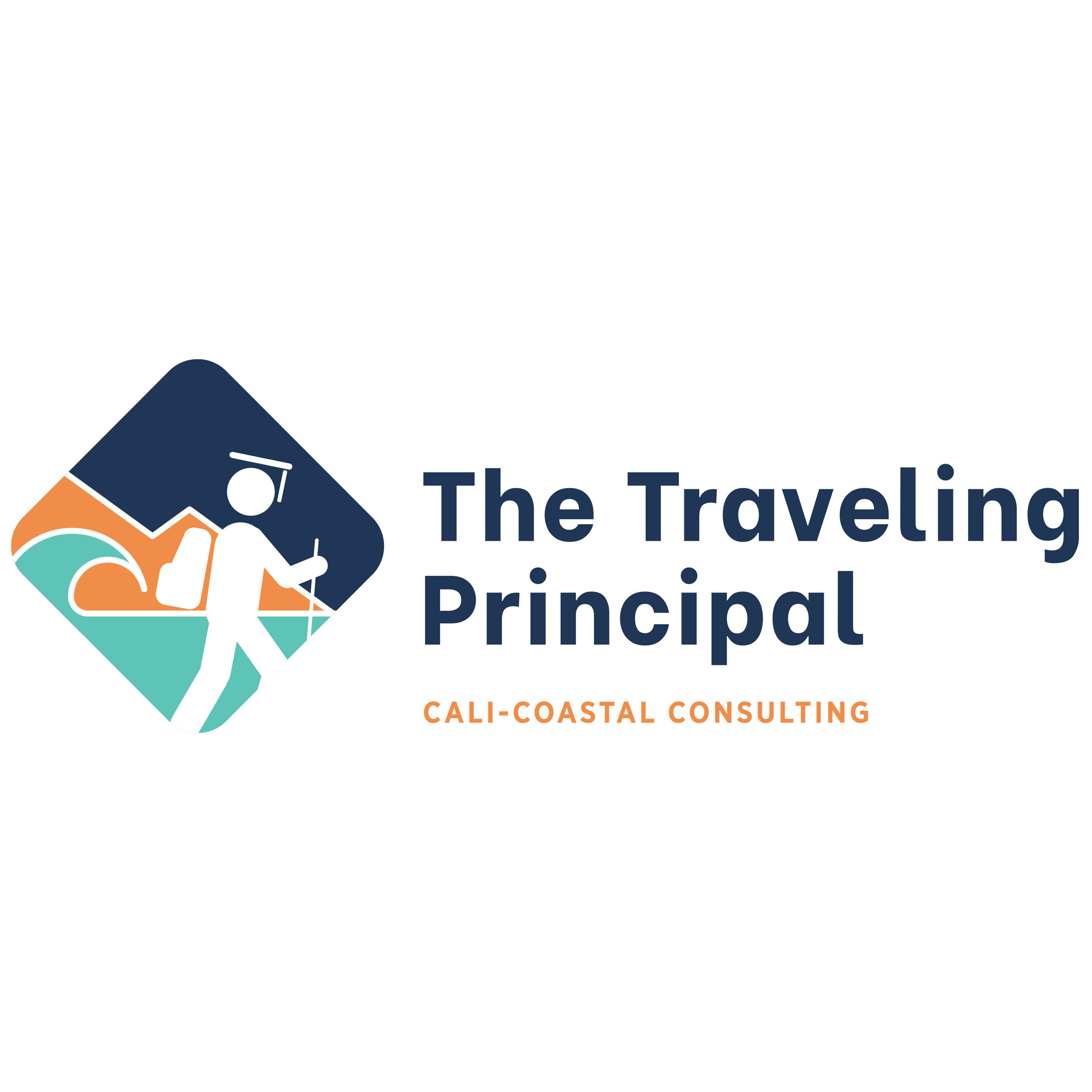The Importance of Being Human in Education today… By Joe Clausi
Yesterday, February 10th, 2021, was the first time in our weekly professional development with staff, that seemed like days of old. We didn’t reinvent or brainstorm, we didn’t revise anything, we didn’t talk about specific students or COVID issues. In fact, I don’t even think we spoke about COVID at all. If you are a school leader, ask yourself - when was the last time you addressed your staff with true non-COVID related information?
Our intent was to introduce Organized Binder to the ACE Charter staff, and in doing so, CEO of Organized Binder, Mitch Weathers, and my Assistant Principal John Middleton, thought it would be a good idea for Mitch to get to learn who our staff is and what they are like, so he can learn how to work with them best. I thought this was a great idea, and he and Mitch took the floor and went with it.
Quick back story on John, he’s a rare combination of a manager and a visionary leader. He’s on the knewer side of being a school leader, yet his sophomore year has been better than his first, and his start was incredible.
With that, John and Mitch asked the following question to the staff in our weekly professional development time held virtually on zoom: “Why did you become a teacher?” If you are an educator reading this, ask yourself that now as well, it’s fun to answer. Apparently, more fun than we thought. The staff ran with it. Almost all of them volunteered.
John followed with another reflective type question, calling on the educator to remember their “Why” as to their style and approach, as well as in the follow up regarding their inquiry with their students’ learning.
We then learned a little about NorCal high school districts, which to a New Yorker, I always find interesting. Mitch talked about his educational experiences up there, and it was comforting to know that his purpose corresponded with that of the ACE teachers. Even in a zoom I could see the connection. I could tell staff appreciated conversation, even from a person they didn’t know and could have been wondering why he was even in the meeting.
At that point, Mitch mentioned Organized Binder, but didn’t say anything about it at all. He even participated in answering the other questions with our staff as well. At this point in time as I’m writing this article, my staff still really don’t know what Organized Binder is. However, I will tell you this, they’re more interested in knowing about it now, and are curious and are asking questions, because it was organically presented to them, in a kind, and thought provoking way.
I realize educators appreciate this, but not all of them. The reason why all of my staff were present and engaged in that conversation, was because of the “humanism” side of what we presented, and how they responded. Not humanism as in no higher being, rather an incorrect definition yet for the purposes of this article I believe I can redefine during a pandemic and that’s acceptable; humanism meaning a focus on what makes us humans.
Humanism with a definition of wearing your heart on your sleeve, or caring, or really and truly listening to someone’s response to the over asked question or how someone is.
My staff has been through hell. They still are in it. Everything we have to experience, in one way or another, revolves around this pandemic.
When you can create a situation where this is not the case, albeit rare, yet possible; do it. I know a leader who was on quarantine, and his first day back went around with coffee and doughnuts for his staff to come out in the hall and enjoy as he subbed in and spoke to the kids. That is humanism. That is showering people with kindness when we know we need it now most.
I learned perhaps one of the most important lessons I’ve ever come across in education just this last week and I’m in my 21st year. Amongst the chaos of this pandemic, we have virtually made humanism almost a forgotten lore within our “educational leader tool box” if you will. Go find it. In fact, let it lead you now. Your staff needs it.
People, need it.
And you as a leader, you need it too. As I requested you ask yourself about why you got into teaching in the beginning, I ask you to reflect on this in conclusion: how can you let this notion of being extra human right now, how can that guide your next leadership moment with your staff? If you are not a leader, how can that guide you through your current job or your time spent with your family?
How can you incorporate “humanism” in the way I define it in this article, as over caring, as truly listening, as making connections that don’t revolve around COVID, but revolve around the good things in life that we cherished, that made us how we are today - back into your life, and let it guide you?
